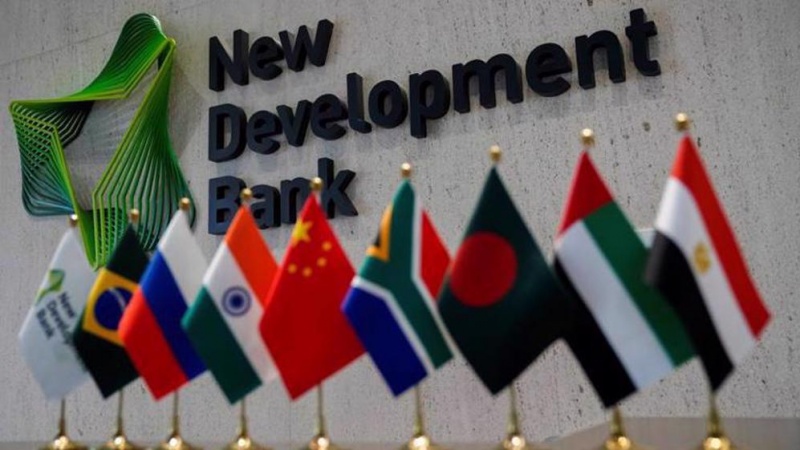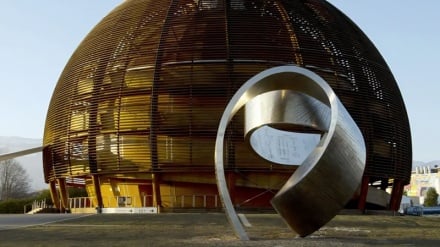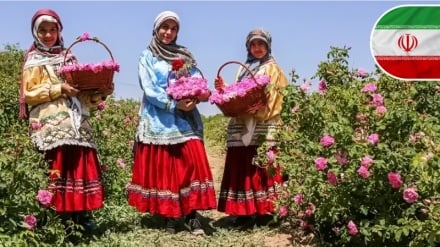BRICS summit mulling expansion to forge counterweight to West
The foreign ministers of the BRICS group of major emerging economies are in South Africa for a summit aimed at discussing enlargement and other strategies to establish the bloc as a key alternative to Western geopolitical dominance.
The top diplomats of BRICS -- Brazil, Russia, India, China and South Africa -- plan to discuss during their Cape Town summit that begins on Thursday membership applications of nearly 20 countries from Africa, Latin America and Asia, including Iran, Indonesia, Egypt, Turkey, Mexico and Nigeria.
China, however, will reportedly be represented by a deputy minister.
The talks serves as a prelude to an August summit in Johannesburg, with analysts saying discussions would focus on boosting trade in local currencies, deepening ties among current members and admitting new ones, including major oil-producing countries.
Iran, Venezuela, Algeria, Saudi Arabia, United Arab Emirates and Argentina are among the list of nations that have either formally applied to join or expressed interest.
The development comes as Brazilian President Luiz Inacio Lula da Silva has called for the formulation of a common currency for the South American region to reduce its reliance on the US dollar.
Lula made the remarks during a meeting with South American leaders in the capital Brasilia on Tuesday, while seeking a more integrated bloc to address common problems within the region.
"[I propose] creating a common credit in trade, thus reducing dependence on extra-regional currencies," he said, stressing the need to “strengthen the South American identity in monetary policy."
The group's leaders decided on expanding membership amid the growing geopolitical polarization stemming from the raging Ukraine conflict that once again highlighted the increasing tendencies of the US-led Western governments to use economic sanctions as a key instrument to force their will on other nations.
The BRICS is trying to create a “more inclusive” international order that “addresses the existing fault lines on the global geopolitical, geo-economic and financial architecture,” said South Africa's Ambassador to BRICS, Anil Sooklal, in an interview with Japan Times.
“What you're seeing here is that these countries want to have a greater say in the evolving global architecture,” Sooklal further emphasized.
“They would like to see a multi-polar, multicultural and multi-civilizational world that is not dominated by one or two hegemons, and where they have more independence and choices to determine what’s in their best interest.”
The BRICS members now make up the world’s largest economic bloc by purchasing power parity (PPP), with the group recently overtaking the G7 with a 31.5 percent share of world GDP (PPP) compared to 30.7 percent for the latter, according to the UK-based economic research firm Acorn Macro Consulting.
SS



